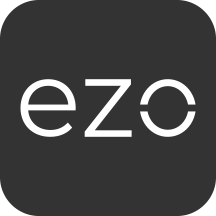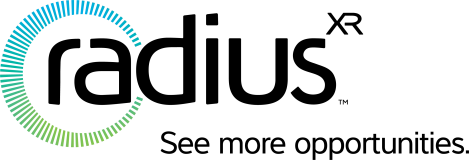Facing recruitment challenges in our Pleasanton office, we explored various firms. Cost effectiveness, industry experience and proactive strategies, led us to our trusted partner, Zuswork. Their meticulous approach and efficient screening enabled us to double our team within a year, establishing a fruitful partnership.
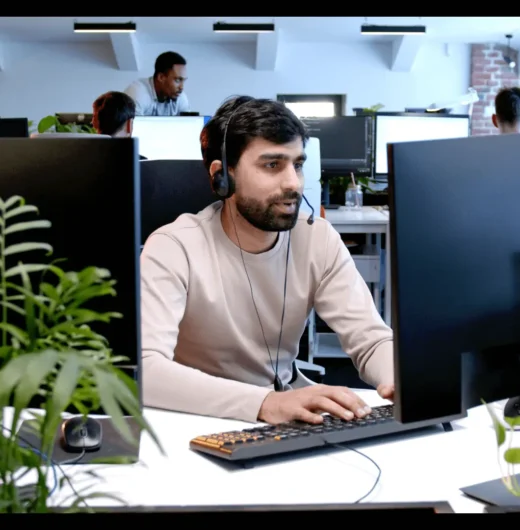
Hire best Software Developers in San Francisco for your business
Mean Stack
Full Stack
Front End
Project Managers
Designers
Product Owners
Hire Mean Stack Developers in San Francisco
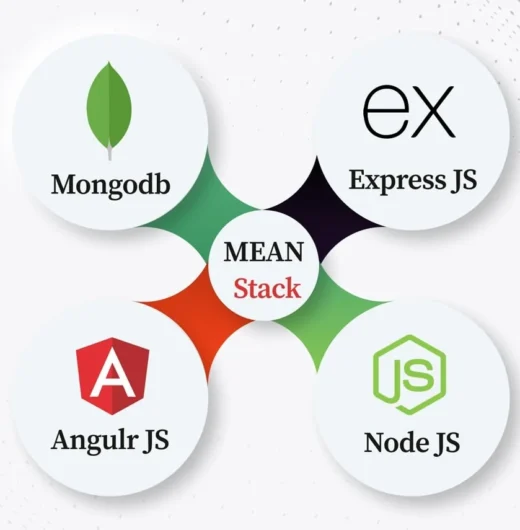
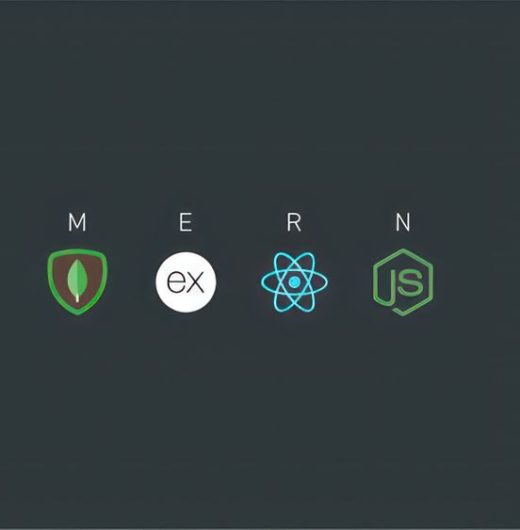
Hire Mern Stack Developers in San Francisco
Hire Front End Developers in San Francisco
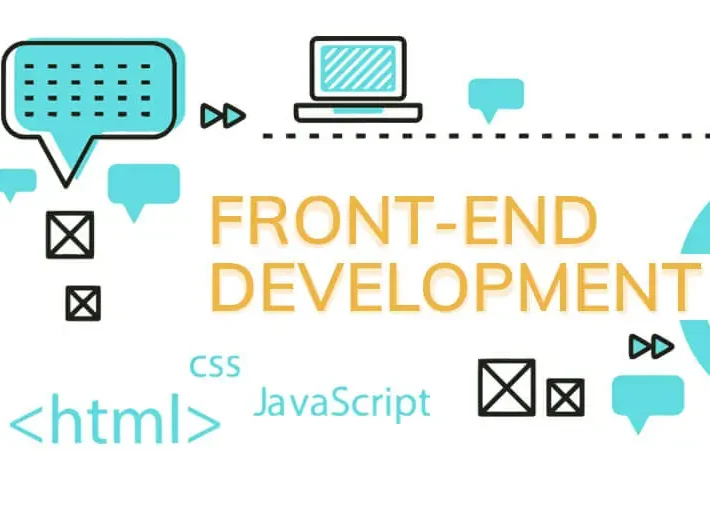
Zusworks talent acquisition team has been invaluable in our search for RadiusXR talent, consistently surpassing expectations. Their industry insight and proactive approach resulted in a seamless hiring process, bringing in candidates that not only met but exceeded our requirements.

Naeem Kayani
Radius XR
100% Success
Improved Talent Quality
Reduced Costs
Hire Software Developers in San Francisco Today.
OUR APPROACH
Partnership driven Recruitment Agency in San Francisco California
Understanding unique culture
Beyond traditional staffing
Long term partnerships
Hire the best Software Engineers in San Francisco
Our Software Developers Hiring Agency Solutions
Zuswork equips you with the talent you need to thrive
Hire Recruitment Agency in San Francisco
Hire Customer Support Team in San Francisco
Hire Sales Team in San Francisco
Zuswork connects you with top sales talent – remote or in-house – to achieve growth and exceed your sales goals. Get in touch now to achieve your goals.
Frequently asked questions for hiring Software developers in San Francisco
When recruiting software development candidates, it is crucial to look for a combination of technical skills, relevant experience, and soft skills. Here are the key skills and qualifications to consider:
- Technical Proficiency:
- Programming Languages: Candidates should be proficient in relevant programming languages such as JavaScript, Python, Java, or C#. Specific roles might require expertise in frameworks like React, Angular, or Node.js (redShift Recruiting) .
- Development Tools: Familiarity with development tools and environments, including version control systems like Git, CI/CD pipelines, and various IDEs (Integrated Development Environments), is essential (redShift Recruiting) .
- Frameworks and Libraries: Knowledge of frameworks and libraries relevant to the job, such as Django, Spring, or .NET for backend roles, and React, Angular, or Vue.js for frontend roles (Teal Career Growth) (redShift Recruiting).
- Problem-Solving Abilities:
- Strong problem-solving skills are essential for software developers. Candidates should be able to demonstrate their ability to tackle complex technical challenges and come up with effective solutions (redShift Recruiting).
- Behavioral interview questions can be used to assess how candidates have approached and solved problems in previous roles (redShift Recruiting).
- Experience and Adaptability:
- Look for candidates with relevant work experience, particularly in environments similar to your own. Experience with Agile or Scrum methodologies can be particularly beneficial (ValueCoders) (Recruitment.com).
- Candidates should also be adaptable and able to learn new technologies and tools as needed. Ask about their experiences with adopting new technologies and integrating them into their work (redShift Recruiting).
- Communication Skills:
- Effective communication is crucial, especially for roles that require collaboration with other team members, stakeholders, or clients. Candidates should be able to explain technical concepts clearly and concisely (redShift Recruiting).
- Team Collaboration and Cultural Fit:
- Assess whether candidates can work well within a team and fit into your company culture. This includes their ability to collaborate, share knowledge, and contribute positively to the team dynamic (Recruitment.com) (redShift Recruiting).
At Zuswork, we prioritize these skills and qualifications to ensure we recruit software developers who not only meet the technical requirements of the role but also contribute positively to your team and projects. This approach helps in finding candidates who are well-rounded and capable of driving success within your organization.
Sources:
1. What is your experience with coding languages?
Answer: This question helps to determine the candidate’s proficiency in specific programming languages that are essential for your projects. Assess their experience and comfort level with languages such as JavaScript, Python, Java, or C# (Terminal).
2. Can you explain the architecture of the last project you worked on?
Answer: This question reveals the candidate’s understanding of system design and their ability to communicate complex technical concepts. It also provides insight into their problem-solving and decision-making processes (Workfall®).
3. How do you test your code to ensure that it works correctly?
Answer: This question assesses the candidate’s approach to quality assurance. Look for detailed explanations of their testing methodologies, such as unit testing, integration testing, and using automated testing frameworks (Terminal).
4. Can you walk me through a technical challenge you faced in a project and how you overcame it?
Answer: This question gauges the candidate’s problem-solving abilities and resilience. The candidate should describe the challenge, their approach to solving it, and the outcome (Arc.dev).
5. How do you stay informed about the latest trends in software development?
Answer: This question helps determine the candidate’s commitment to continuous learning. Look for specifics about how they keep up with industry trends through courses, conferences, blogs, or other resources (InterviewPrep).
6. Can you describe your experience with version control systems?
Answer: Understanding a candidate’s proficiency with version control systems like Git is crucial for collaborative projects. Ask about their specific experiences and any challenges they’ve faced using these systems (Arc.dev).
7. How do you handle conflicts or disagreements with team members or stakeholders?
Answer: This question evaluates the candidate’s interpersonal skills and their ability to navigate conflicts constructively. Look for examples that demonstrate their communication skills and conflict resolution strategies (Workfall®).
8. What platforms are you comfortable working with?
Answer: This question assesses the candidate’s experience with different development environments and platforms, such as Windows, Linux, AWS, or Azure. It also reveals their adaptability to new technologies (Terminal).
9. Can you walk me through the development lifecycle of a project you’ve worked on?
Answer: This question explores the candidate’s understanding of the software development lifecycle, from planning and design to deployment and maintenance. It also highlights their ability to manage projects and work with various stakeholders (Workfall®).
10. Have you ever worked on a project that involved machine learning or artificial intelligence?
Answer: This question determines the candidate’s experience with advanced technologies. Understanding their familiarity with ML and AI can be valuable, especially for projects that require these skills (Workfall®).
By asking these questions, hiring managers can effectively evaluate a candidate’s technical expertise, problem-solving abilities, and cultural fit within the team. This comprehensive approach ensures that you select the best candidates for your software development needs.
To hire the best software development talent in the Bay Area, U.S., both onsite and offshore, you can use a combination of strategies that leverage various sourcing methods, employee engagement, and modern recruitment practices. Here’s a comprehensive approach based on insights from multiple sources:
1. Leverage Code-Hosting Platforms
Utilize platforms like GitHub, Kaggle, and Stack Overflow to find candidates with the right technical skills. These platforms allow you to see candidates’ coding activity and technical expertise directly (hireEZ).
2. Optimize Job Descriptions
Ensure your job descriptions are clear, concise, and highlight what your company can offer. Avoid corporate jargon and focus on the value proposition for the candidate. This can attract more qualified applicants and reduce biases in the hiring process (Great Place To Work®).
3. Employee Referral Programs
Encourage your current employees to refer candidates. Referral programs can lead to higher quality hires and better cultural fits, as employees are likely to refer individuals who align well with your company’s values and work environment (BuiltIn) (ATS).
4. Employer Branding and Employee Value Proposition (EVP)
Invest in building a strong employer brand and a compelling EVP. Highlighting your company’s values, work culture, and unique benefits can attract top talent. A well-known brand can reduce hiring costs and increase the number of qualified applicants (AIHR).
5. Utilize Social Media
Actively use social media platforms to share job openings and engage with potential candidates. Platforms like LinkedIn, Twitter, and Facebook can help you reach a wider audience and connect with passive job seekers (ATS).
6. Recruitment Events and Hackathons
Host or participate in recruitment events, hackathons, and meetups. These events attract passionate professionals and provide an opportunity to showcase your company culture and job opportunities. They also help you find candidates who are genuinely interested in continuous learning and professional development (Monster.com).
7. Offer Competitive Salaries and Benefits
Ensure your compensation packages are competitive. This includes not just salaries but also benefits such as flexible work arrangements, professional development opportunities, and unique perks that cater to your employees’ needs (ATS).
8. Focus on Developer Satisfaction
Developers value working with new technologies and having a say in the projects they work on. Provide opportunities for growth and a work environment that supports innovation and collaboration (GovLoop).
9. Remote and Offshore Hiring
To tap into a global talent pool, offer remote work options. This not only widens your candidate base but also can be more cost-effective. Collaborate with offshore agencies to find skilled developers in regions known for their technical expertise, such as India and Eastern Europe (BCG Global).
10. Continuous Learning and Development
Offer ongoing training and development programs to help employees stay current with industry trends and technologies. This can improve job satisfaction and retention rates, making your company more attractive to potential hires (ATS).
By implementing these strategies, you can effectively attract and retain top software development talent, ensuring that your company stays competitive in the rapidly evolving tech landscape.
Ensuring that candidates are a good fit for your San Jose base company environment is crucial for long-term success and employee satisfaction. Here are several strategies to help assess cultural fit effectively, along with how Zuswork aids in this process:
Define and Communicate Company Culture
- Identify Core Values: Clearly define your company’s core values, norms, and practices. This includes understanding the behaviors and attitudes that align with your company’s mission and vision (Reed.com) (Business News Daily).
- Job Descriptions: Reflect these values in your job descriptions to attract candidates who resonate with your culture. Use inclusive and engaging language to appeal to the right candidates (Recruiter.com).
Use Structured Interview Questions
- Behavioral and Situational Questions: Incorporate questions that assess how candidates have handled situations in the past and how they align with your company’s values. Examples include asking about conflict resolution, preferred work environment, and motivations (Job Seeker page) (Business News Daily).
- Cultural Fit Questions: Ask specific questions to gauge a candidate’s compatibility with your work style and environment, such as “What sort of environment are you most productive and happy in?” or “How do you prefer to be managed?” (Job Seeker page).
Talent Assessments and Pre-selection Tools
- Talent Assessments: Utilize talent assessments to measure both technical skills and cultural fit. Tools like personality tests can provide insights into a candidate’s work style and compatibility with your company’s values (TestGorilla).
- Situational Judgment Tests: These tests help simulate real-world scenarios to see how candidates would perform in your specific work environment (Harver).
Involve Your Team
- Team Involvement: Involve current team members in the interview process. This helps ensure the candidate can work well with the existing team and align with the company culture (Recruiter.com) (Recruiter.com).
- Office Visits: Invite candidates to visit your office to experience your work environment and interact with potential colleagues. This helps both parties gauge fit more accurately (Harver).
Onboarding and Continuous Evaluation
- Streamlined Onboarding: Implement a thorough onboarding process to help new hires integrate smoothly into the company culture. This includes setting clear expectations and providing support during the transition period (Recruiter.com).
- Feedback and Adjustment: Continuously seek feedback from new hires and their teams to ensure cultural fit and make necessary adjustments to enhance the onboarding experience (Recruiter.com).
How Zuswork Helps
Zuswork not only finds top talent but also ensures they are a good fit for your company environment. We:
- Understand Your Culture: Work closely with you to understand and articulate your company culture.
- Tailored Recruitment: Use tailored job descriptions and targeted recruitment strategies to attract candidates who align with your values.
- Comprehensive Assessments: Implement structured interviews and talent assessments to evaluate both technical skills and cultural fit.
- Team Integration: Facilitate office visits and team interactions to ensure mutual fit before making a hiring decision.
By adopting these strategies and leveraging Zuswork’s expertise, you can ensure that new hires are not only technically proficient but also a perfect fit for your company’s culture and environment.
Recruiting for software development roles presents a unique set of challenges. Here are the main challenges you might face and strategies to overcome them, including how Zuswork can assist in this process:
1. Limited Pool of Qualified Candidates
The demand for skilled software developers often exceeds supply, making it difficult to find candidates with the specific technical skills required, such as analytics, big data, and security (Employa). To address this, Zuswork uses a robust and proactive recruiting strategy that includes skill mapping tools and targeted searches across various platforms like GitHub, LinkedIn, and specialized job boards.
2. High Recruitment Costs
Recruiting top talent can be expensive and time-consuming, with costs including job postings, recruitment agency fees, and extended hiring timelines. The average cost to fill a software development position can be significant (Employa). Zuswork helps mitigate these costs by providing cost-effective offshore hiring solutions, leveraging our offshore centers to find qualified talent at a fraction of the cost of onshore hiring.
3. High Competition
The competition for top software development talent is intense, with tech giants and startups alike vying for the same candidates. This makes it challenging to attract and retain skilled developers (Employa). Zuswork enhances your competitive edge by showcasing your company’s unique value propositions and offering attractive compensation packages, including flexible work arrangements and professional development opportunities.
4. Ensuring Cultural Fit
Finding candidates who not only have the technical skills but also fit well with your company culture is crucial. This can be challenging when hiring remotely or offshore (CodeSignal) (Recruitment.com). Zuswork ensures cultural fit by involving current team members in the interview process, conducting thorough behavioral interviews, and facilitating office visits or virtual meetups to assess compatibility.
5. Speed of Recruitment
With the high demand for software developers, it’s essential to move quickly through the recruitment process to secure top talent before they accept other offers (Employa) (RecruitingDaily). Zuswork accelerates the hiring process by using advanced recruiting technologies, maintaining a ready pool of vetted candidates, and streamlining the interview and onboarding processes.
6. Adapting to New Technologies
As technology evolves, so do the skills required for software development roles. Keeping up with these changes and finding candidates proficient in the latest technologies can be difficult (Jake Jorgovan). Zuswork continuously updates our talent pool with candidates skilled in emerging technologies and provides ongoing training to ensure they stay current.
7. Building a Strong Employer Brand
A strong employer brand helps attract high-quality candidates but can be challenging to develop and maintain (HireBetter). Zuswork supports your employer branding efforts by highlighting your company’s strengths and values in job postings and candidate interactions, ensuring a positive candidate experience that reflects well on your brand.
8. Remote and Offshore Hiring Challenges
Managing remote or offshore teams can present additional challenges, including communication barriers and time zone differences (Employa) (HireBetter). Zuswork provides comprehensive support for remote and offshore hiring, including setting up effective communication channels, providing cultural training, and ensuring seamless integration of remote teams into your company’s workflow.
By addressing these challenges with strategic planning and leveraging Zuswork’s expertise in recruitment, you can successfully attract and retain top software development talent, ensuring your company’s growth and success.



